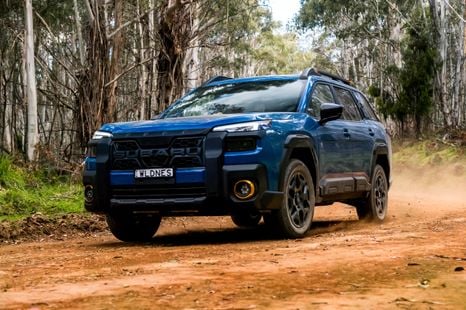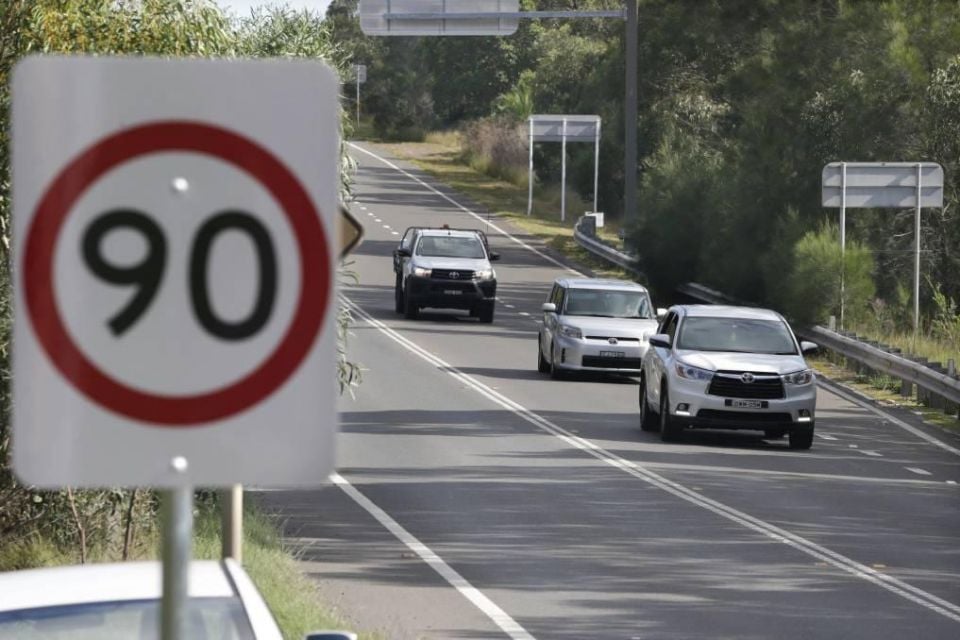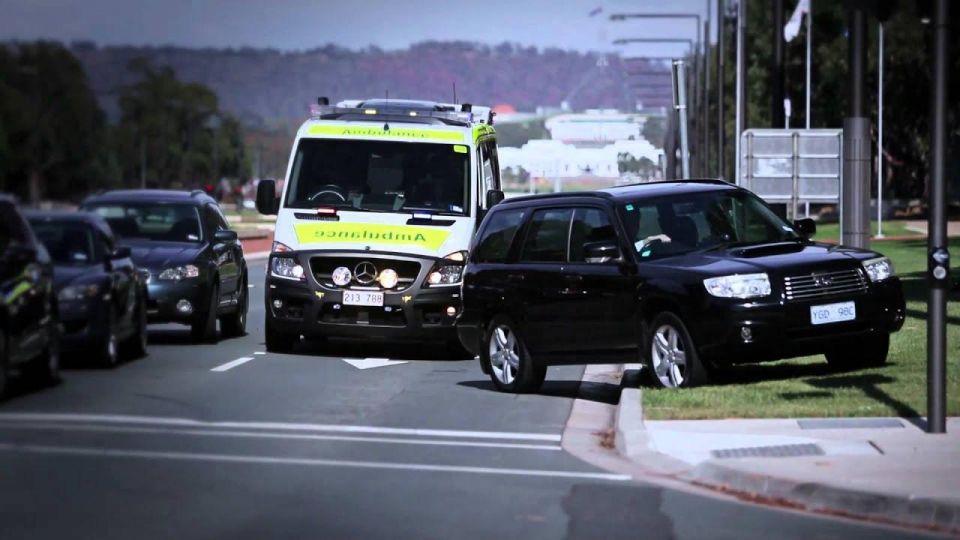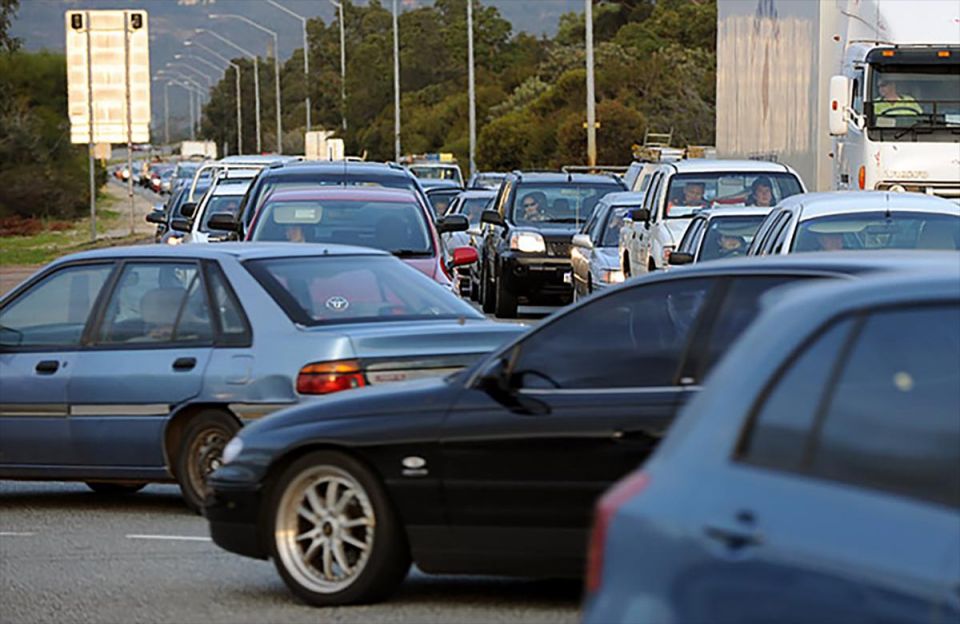

James Wong
2026 Subaru Outback review
1 Hour Ago
A rule change made last year means thousands of drivers could be required to report their autism diagnosis or potentially face fines.

A quiet rule change has thrown a veil of uncertainty over thousands of autistic drivers in Australia.
The ABC reports last year a change was quietly made to the Assessing Fitness to Drive standards, which now state autism spectrum disorder (ASD) is a condition that “should be assessed individually”.
The assessment could therefore require a practical driving examination.
These new rules affect people with ASD of any driving age, even if they have had a long driving career but have only been diagnosed recently.
This places many drivers with ASD in legal limbo, particularly in Queensland.

The ABC notes that in Queensland, the Department of Transport and Main Roads (TMR) requires drivers with ASD to obtain a medical certificate confirming they are fit to drive.
Drivers still have to get this confirmation from a doctor, and failure to do so can result in a $9288 fine and the cancellation of their licence.
The national 2022 Assessing Fitness to Drive standards state: “People with ASD can have differences in social communication and interaction, with restricted and repetitive patterns of behaviour, interest and activities,”
“Although evidence from driving studies are limited, drivers with ASD may drive differently from people without ASD. Shortcomings in tactical driving skills have been observed, while rule-following aspects of driving are improved.”

However, the report also states that an assessment should focus on the range and severity of ASD symptoms rather than just an ASD diagnosis.
The report says that people with ASD may have difficulty with:
Although the 2022 Assessing Fitness to Drive standards are a set of national standards, differences can still be found across the various states and territories.

In Western Australia, a spokesperson for the Department of Transport told the ABC that drivers are required to report any medical condition that will have an impact on their driving. As such, “autism should be disclosed”.
Not reporting a condition that could affect driving could result in a $500 fine in WA.
In Victoria, South Australia, the Northern Territory, the Australian Capital Territory and Tasmania, drivers are only required to report a health condition that may impact their ability to drive safely.
In New South Wales, drivers are required to disclose any long-term health condition, potentially including autism, that affects safe driving.

Additionally, in the Northern Territory and South Australia, health professionals are required to report drivers to the Registrar of Motor Vehicles if they believe the driver’s disability or health condition could affect safe driving.
“There’s limited insight and so [autistic] people might not actually be aware that they’re impaired. But they’re likely to be seeing a health professional who should be bearing in mind the driving safety,” said Fiona Landgren, a health consultant who has worked on the standards for 20 years, to the ABC.
She is developing a training module to help inform doctors as they assess if patients are fit to drive.
The option for drivers to self-report a medical condition is available in all states and territories, however Ms Landgren said many drivers with health conditions were not aware of their obligation to do so.


James Wong
1 Hour Ago


Marton Pettendy
1 Hour Ago


Derek Fung
3 Hours Ago


Damion Smy
17 Hours Ago


Damion Smy
17 Hours Ago


Damion Smy
20 Hours Ago
Add CarExpert as a Preferred Source on Google so your search results prioritise writing by actual experts, not AI.